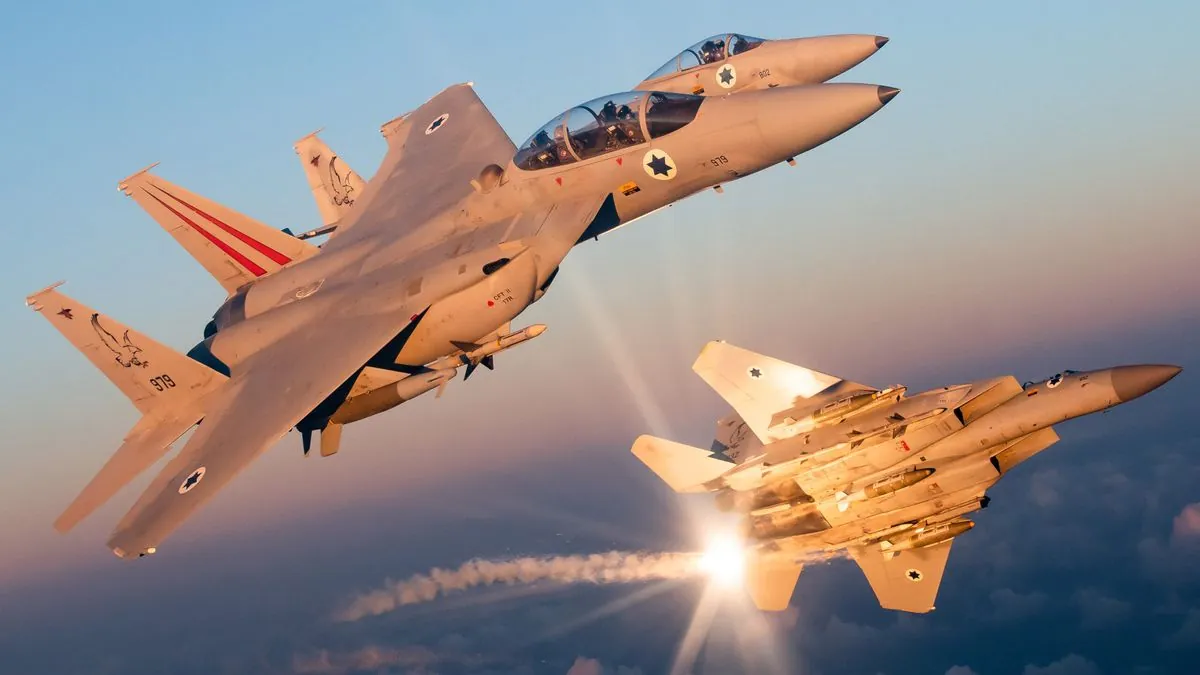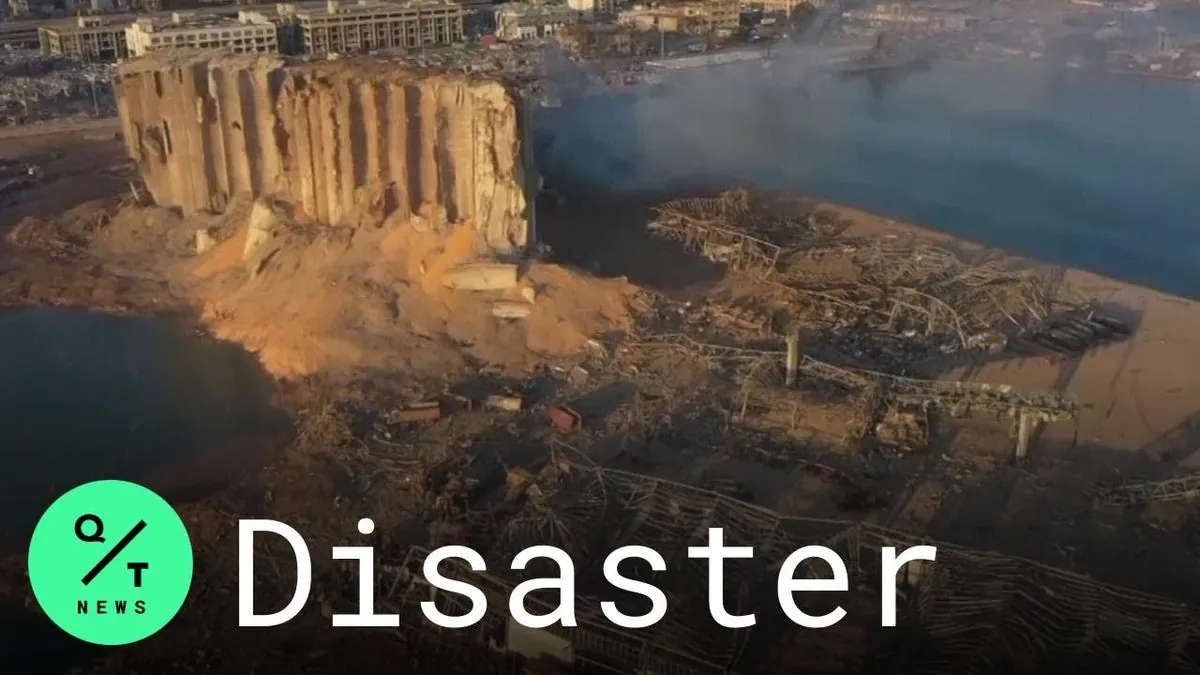Israel Strikes Hezbollah Leader with Powerful U.S.-Made Bombs
Israel reportedly used 2,000-pound U.S.-made bombs to target Hezbollah leader Hasan Nasrallah in Lebanon. The strike, involving multiple F-15 jets, caused extensive damage in Beirut's southern suburb.

In a significant military operation, Israel reportedly employed powerful U.S.-made munitions to target Hasan Nasrallah, the leader of Hezbollah, in Lebanon. The strike, which occurred in January 2024, utilized 2,000-pound bombs, causing substantial damage in the southern Beirut suburb of Dahyieh.
Analysis of visual evidence released by the Israel Defense Forces (IDF) suggests the use of multiple 2,000-pound class bombs, including U.S.-manufactured BLU-109s equipped with JDAM guidance kits. These munitions, first developed in the 1980s, are designed to penetrate up to six feet of reinforced concrete, making them effective against fortified targets.
The operation involved eight F-15 fighter jets, each carrying multiple bombs. F-15s, introduced in 1976, are capable of reaching speeds up to Mach 2.5 (approximately 1,650 mph). The IDF released footage showing the aircraft taking off, describing the mission as "eliminating Hasan Nasrallah and the Hezbollah headquarters in Lebanon."

Hezbollah, founded in 1982 during the Lebanese Civil War, has been led by Nasrallah since 1992. The organization, designated as a terrorist group by the United States, has been a significant player in Lebanese politics and has been involved in the Syrian Civil War since 2011.
The strike's aftermath revealed extensive destruction, with at least two large buildings leveled and damage spanning approximately 1,000 feet. Eyewitness videos captured multiple smoke columns rising above Dahyieh, a known Hezbollah stronghold, accompanied by the sound of explosions and screams.
Experts analyzing the attack suggest the use of a tactic known as "daisy-chaining," where multiple munitions are deployed in quick succession. This method is often employed in decapitation strikes, aiming to penetrate heavily protected spaces.
"Dozens of munitions hit the target within seconds with very high precision, and this is part of what is required to hit underground sites at this depth."
The Israeli Air Force, established in 1948 alongside the State of Israel, has conducted numerous operations against Hezbollah since their major conflict in 2006. The Israeli-Lebanese border has long been a flashpoint, with the United Nations Interim Force in Lebanon (UNIFIL) present since 1978.
U.S. officials stated they received no advance warning about the attack. This operation occurs against the backdrop of Lebanon's severe economic crisis, ongoing since 2019, and escalating tensions in the region.
According to Lebanon's Health Ministry, 1,030 people have lost their lives in Lebanon since mid-September 2023, with 6,352 wounded. These figures, reported by Health Minister Firass Abiad, do not distinguish between combatants and civilians.
As the situation continues to develop, the international community watches closely, aware of the potential for further escalation in this volatile region.


































